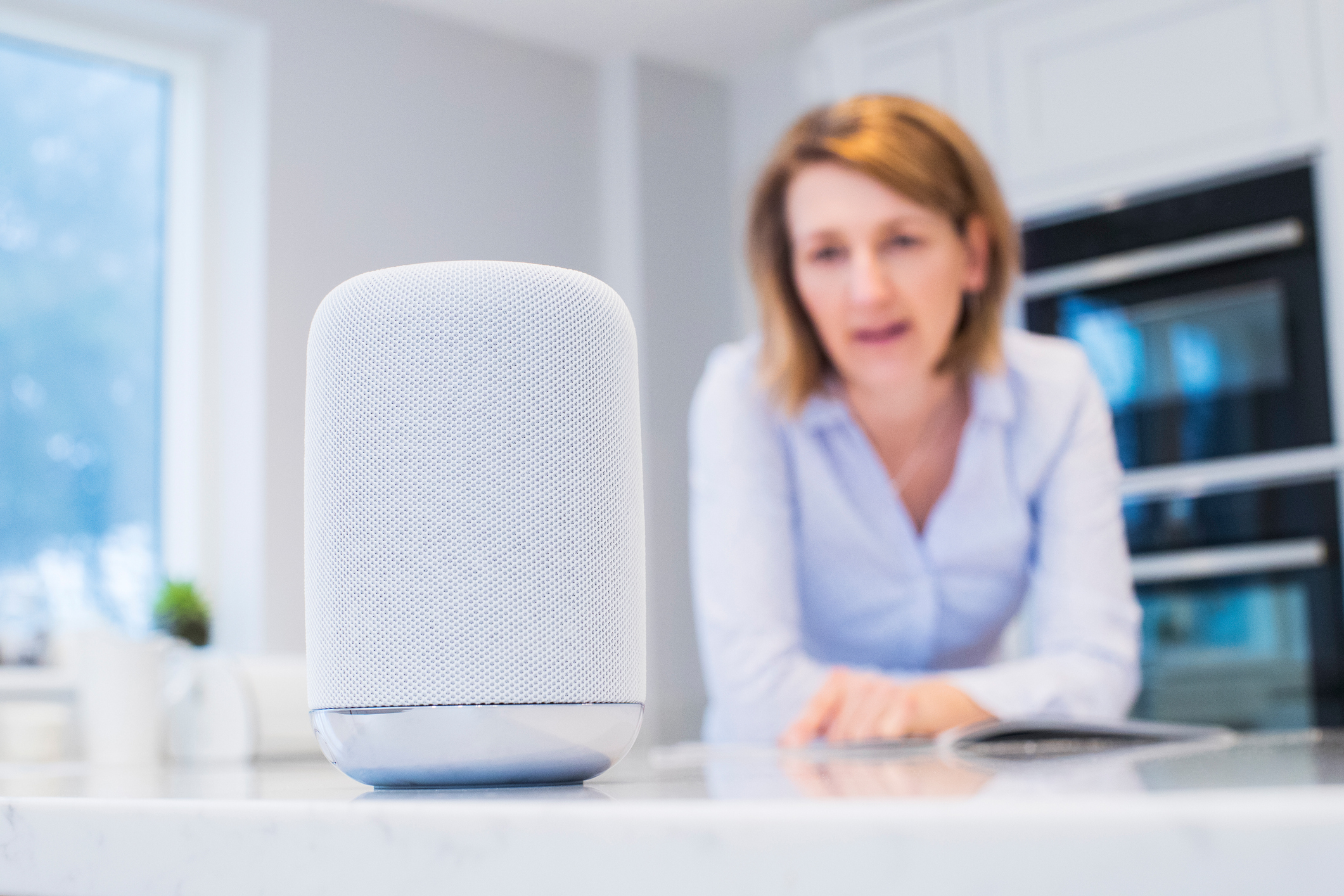
Siri and Alexa, the AI voice assistants from Apple and Amazon, respectively, are well on their way to being household names. And according to an increasing number of stakeholders the healthcare sector is increasingly being introduced to a number of voice assistants who, if not as well known, are becoming ever more helpful to providers and healthcare organizations.
As Emily Walsh, Community Outreach Director of the Mesothelioma Cancer Alliance, recently explained, “(v)oice assistants have two major groups of potential users in healthcare: physicians and patients. Physicians often utilize programs to take patient notes, process data, and access records. The organization of data is an important component in time-saving, and voice assistants may be the solution.
“On the patient end, as a cheaper alternative to in-office visits, AI-powered virtual assistants can provide 24-hour care to a wide range of patients who may need access to care on-demand. People with chronic diseases that experience flare-ups, disabled patients with family caregivers, and rural patients living farther away from in-person medical care are just a few individuals who would benefit most from powerful virtual assistants.”
Still, predictions remain mixed about the emerging impact of voice tech in healthcare. John Brownstein, chief innovation officer at Boston Children’s Hospital, is bullish on the prospect of voice as a game changer in healthcare. “Healthcare is at a tipping point with voice,” Brownstein said in an interview with Healthcare IT News. “We haven’t seen it transform any industries. Healthcare could be a leading vertical in voice apps.”
Conversely, Sara Holoubek, CEO of Luminary Labs, suggested at the Boston Children’s Voice Health Summit that “2019 will be the year of bad voice tech experiences.”
But as Walsh points out, “even if 2019 is the year of voice tech failures, 2020 may be the year of successes.”
In short, while there’s no shortage of AI-driven technologies slated to come on line in the near future, Walsh says “voice and virtual assistants seem to be the most promising and market-ready AI systems, providing innovation to an existing technology already integrated into healthcare.”


